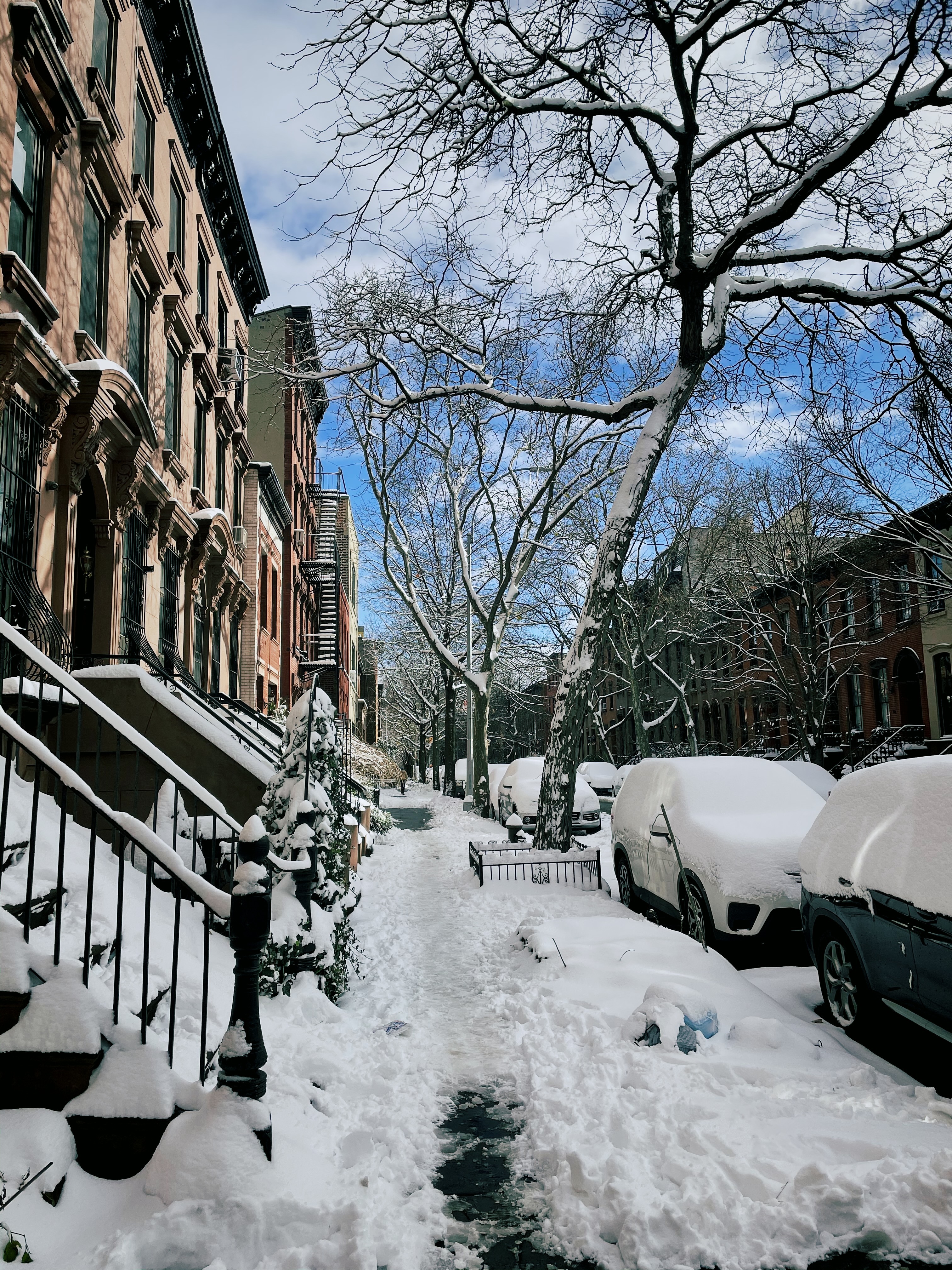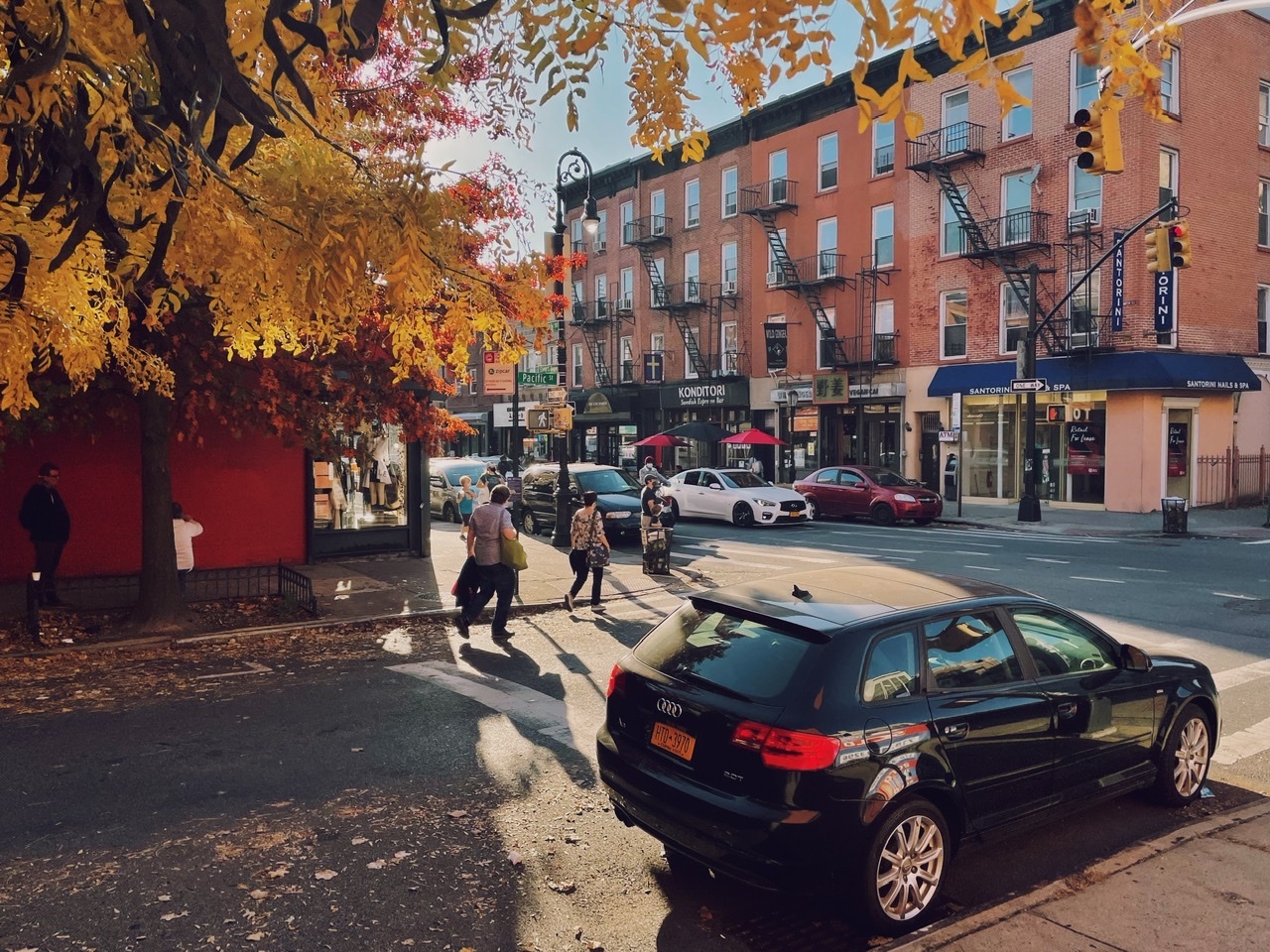On Saturday, November 7th, Lisa and I stepped out to visit the bank before taking a train into the city. Time was about 11:30am. As we approached the bank door, we heard a scream. Then some honking. And then some light clapping. A few cheers. It dawned on us pretty quickly that the election had been called. Within a few minutes, Smith St. Brooklyn became a party, as did the streets all over NYC and the country. Everyone was coming out of their homes and filling the sidewalks. Bells were rung in Paris. Fireworks were set off in London. Someone joked that Earth had "real Endor energy" and they weren't wrong. I honestly can't remember ever feeling so relieved. It was real joy.
The last four years were very difficult to live through. Awful things were happening on a weekly basis. And not just sad, unhelpful policy, but deeply damaging actions by the Trump Administration that hurt Americans in every corner of the country. I don't think it's worth listing out here the crimes and officialized bigotry. There's just too much.
For a late lunch on Saturday, Lisa and I ate outdoors. The cheers and the honking had relaxed a bit, but they weren't over. That audible hum of jubilation that had permeated the city had died down as we settled into the news. That night, we watched Kamala Harris and Joe Biden give their victory speeches. On Sunday, we relaxed outdoors in our makeshift yard in beautiful and warm November weather. It felt so good knowing that America had not completely broken, that we will be entering a time of healing.
What's next is what's next. For now, we're celebrating.


